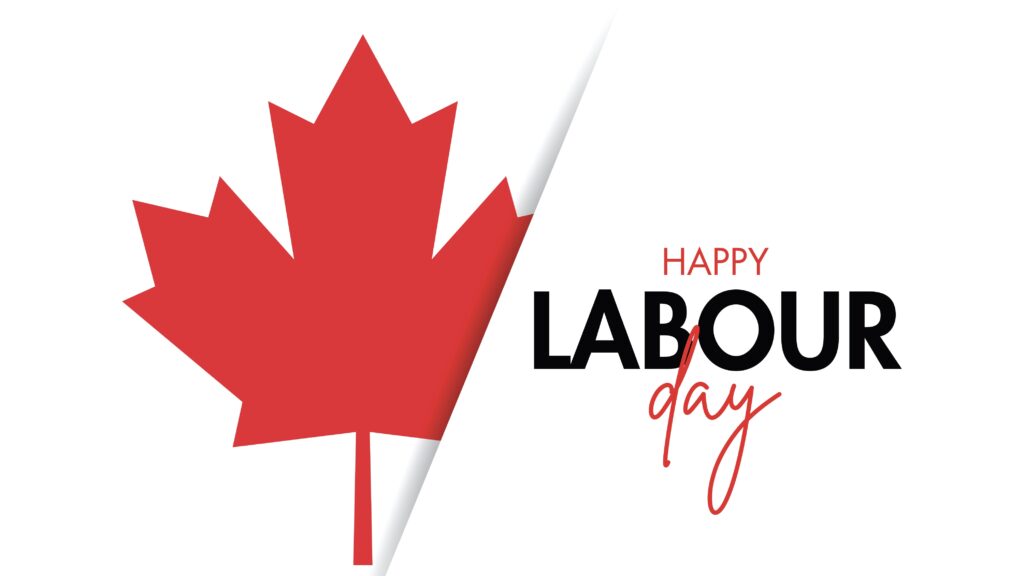
A successful business partnership require a strong alignment of purpose and values between the partners.

A successful business partnership require a strong alignment of purpose and values between the partners.

An AI turned an article I wrote into a pretty impressive podcast.

It is good to remind ourselves that we are all the beneficiaries of the work of others and that whatever one’s occupation, that should earn them our respect and gratitude.

Leaders say they want it, so how can they sustain organized maturity in the workplace?

Throughout history, societies have often glorified pursuits and behaviors that can be expected to shave many years off your natural life expectancy.

“Do we want a market economy, or a market society?” That is the uncomfortable question that philosopher Michael J. Sandel asks at the beginning of What Money Can’t Buy: The Moral Limits of Markets, first published in 2012.

Work can be hard and it definitely has its highs and lows. But for many people, pride in a job well done ranks right up there in terms of what gives meaning to their lives. Does work get the respect it deserves for the reasons it should?

Social distancing measures have been in full effect for weeks and legions of people have retreated – more or less happily – to the relative safety of their homes. Workplaces and public spaces that used to teem with people lie eerily empty and many employees – fortunate ones for whom telecommuting proved possible – have carried on with their professional lives in a strange virtual world where newly disembodied organizations large and small continue to operate.

What we are attempting, as far as I know, has never been done. Some microorganisms such as yeasts, fungi and bacteria can go completely dormant for periods of time that can stretch over thousands of years, a phenomenon known as super-long anabiosis: a glacier moves in, the bacteria go into a deep freeze; the glacier pulls back ten thousand years later, the bacteria go back to their business.

The kind of social control that monitoring and surveillance make possible can take many forms and benign motivations will always be invoked (indeed, reasons given will always sound very compelling in the moment), but when it comes to the very foundations of individual and collective freedom, the bar should be set very high indeed.